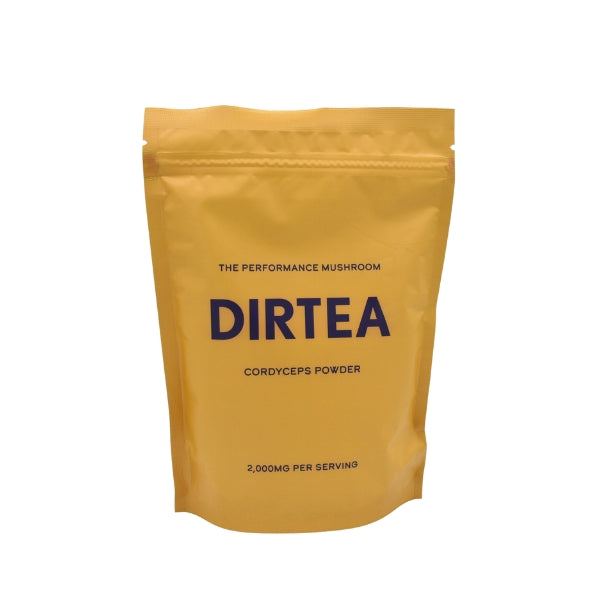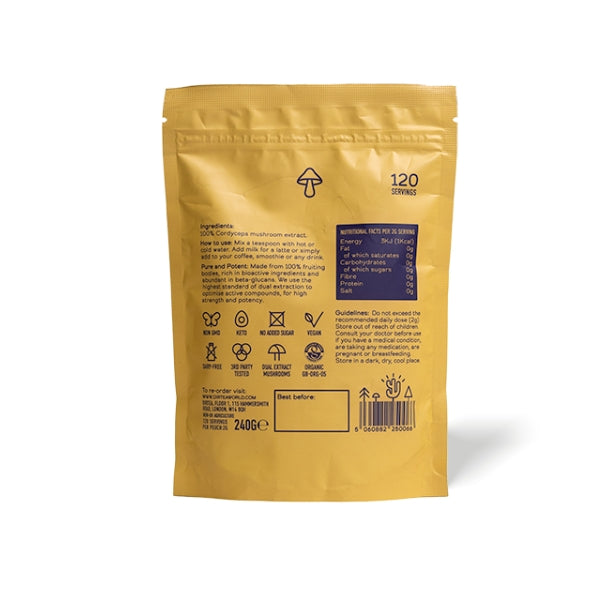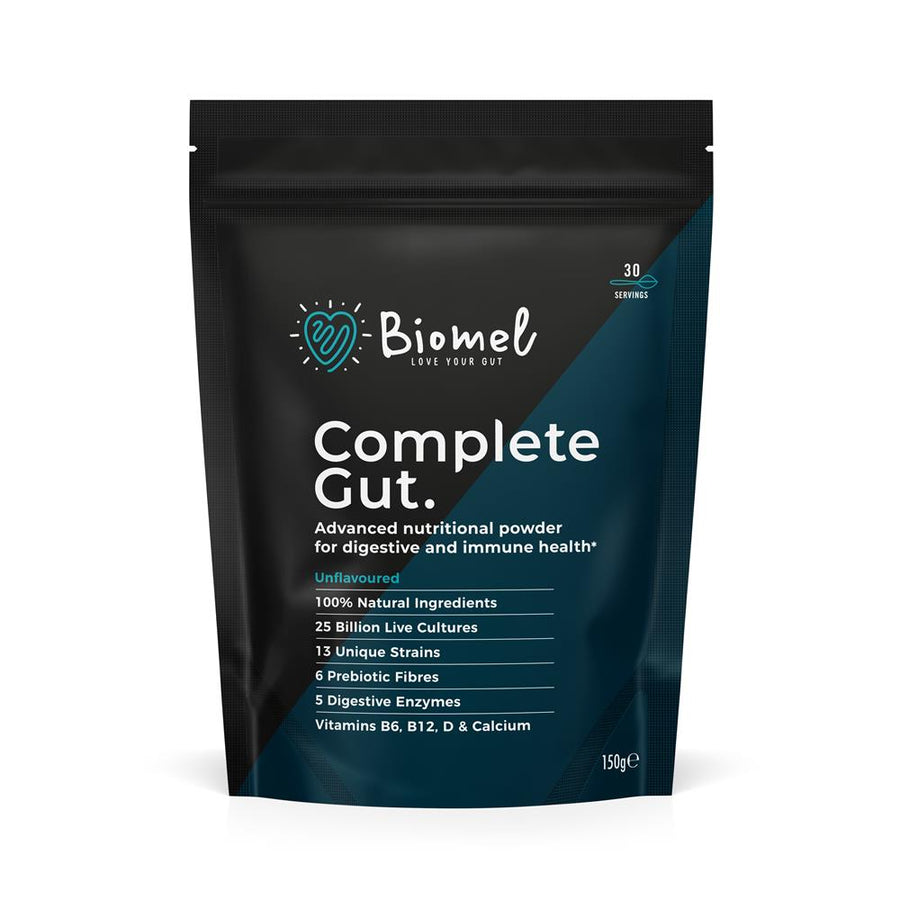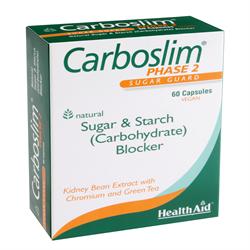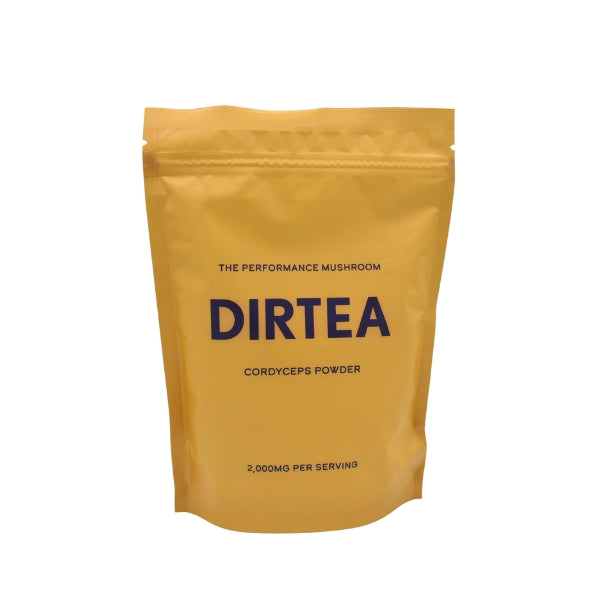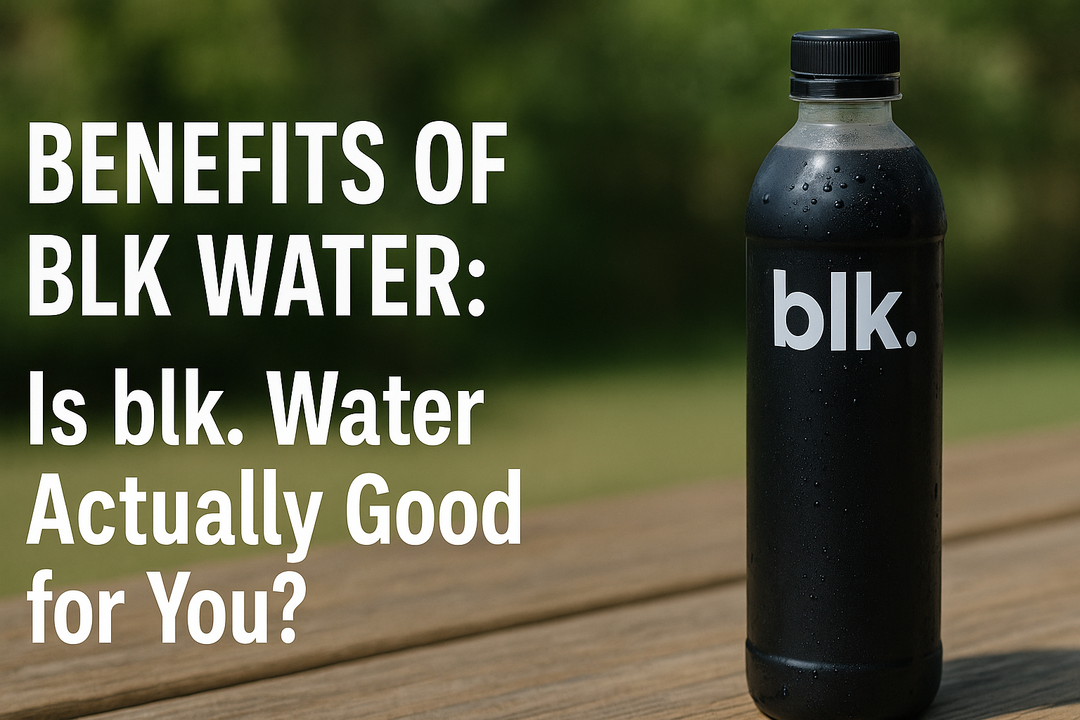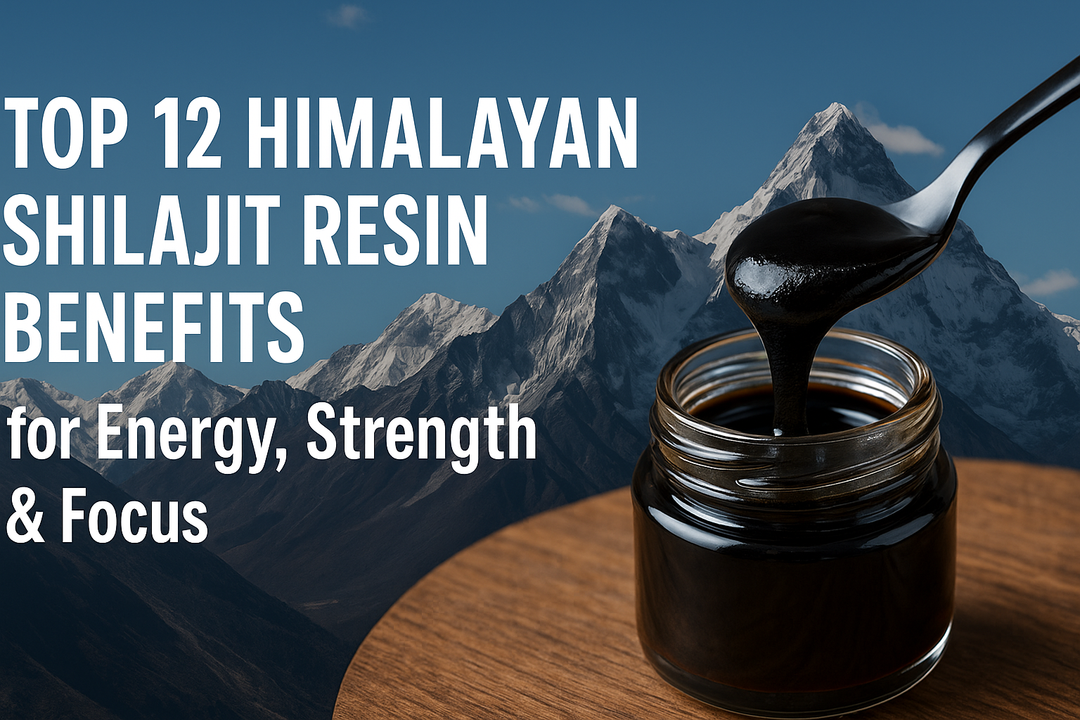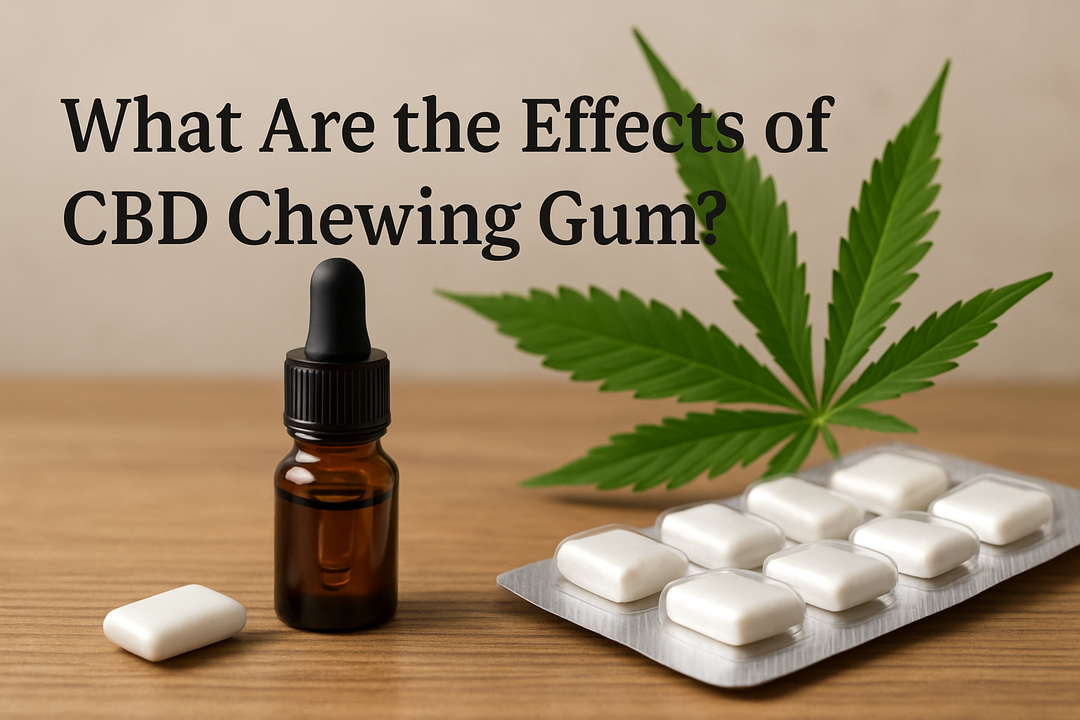CBD Oil FAQ's
Does CBD Oil get you high?
This is a question that seems to be on everyone’s mind these days, but in short, no CBD Oil will not get you high because it is a 100% non-psychoactive. This means that CBD Oil will not have any psychotropic ("high") effects and will not get you stoned. You might be wondering how this is possible but simply putting it CBD Oil contains CBD cannabinoids from plants such as hemp and either contain trace amounts of THC (the specific cannabinoid that gets you high) or none at all.
What does CBD oil do for you?
It is thought that CBD oil could play a key role in the treatment of arthritis as it is fast becoming the most popular go-to source of relief for sufferers of rheumatoid arthritis. CBD Oil is also known to inhibit the production of sebum in the sebaceous glands in the skin, therefore making it useful acne prevention treatment.
Other studies have shown that CBD reduces the number of seizures a child with with Dravet syndrome has, reduces anxiety & the negative memories associated with PTSD, and may also help heal liver damage caused by excessive alcohol consumption.
Does CBD oil help with pain relief?
There is growing evidence to suggest that the beneficial effects of CBD Oil might include that of chronic pain relief. Researchers believe that when CBD enters the body it's cannabinoids will attach themselves to the CB2 receptors of the brain and immune system, responding to any signals of pain and inflammation.
How long does it take for CBD oil to be effective?
In most cases it is thought that CBD oil can take effect within a half hour period. This could be the first 5 minutes, 20 minutes, or even 40 minutes, depending on the strength of the CBD Oil, it's serving size and the symptom you wish to treat it with.
Another factor to consider when determining the time it takes for CBD Oil to take effect, is the way in which you administer it. At present, the quickest way to start feeling the effects of CBD Oil is by vaping or sublingually ingesting it, which takes about a minute.
Does CBD oil help with sleep?
While there's still a lot more scientific research to be done, it appears that CBD Oil could play an influential role in sleep deprivation, albeit in a background role. Preliminary studies have shown that CBD Oil has been of some use for sleep disorders in those with neurological conditions, such as Parkinson’s disease, restless leg syndrome, and PTSD. However, as CBD has already been considered as a treatment for the aforementioned conditions, it's thought that CBD Oil's effects on sleep are more indirect than, say, the ultra-sedative cannabinoid, THC.
Is CBD oil dangerous?
This is often the most common question asked about CBD Oil, however it's important to remember that while CBD and THC are the two most prevalent cannabinoids found in the cannabis plant, CBD does not share the same psychoactive properties of THC. It's non-toxic too, and as a recently classified 'new medicine', ensures that CBD Oil manufacturers must meet much stricter standards of safety, quality, and effectiveness.
Like any medicine and/or natural food supplement, before you start using CBD Oil it's important to talk to your GP about any potential harmful interactions it may have with your current medication. But ask yourself this, if an organic, plant-based medicine like CBD Oil can really do all the things it says it can, would you still choose those regular pharmaceuticals?
Can you take too much CBD oil?
Based on the findings from animal & human research back in 2006, clinical data showed that CBD oil was tolerated well by all patients, and did not show any signs of toxicity or adverse side effects. There are certainly no signs of withdrawal symptoms too, as these tests have shown that the body will not become chemically dependent on CBD.
What is the difference between hemp oil and CBD oil?
Hemp oil and CBD oil are both considered natural healing oils, made from the same plant, but they are not the same product and are manufactured very differently. While they are both very low in THC, the traces of CBD in hemp oil is roughly 3.5%, while in CBD Oil it is a much larger 20%.
Can you test positive for CBD oil?
As CBD Oil contains only trace amounts of THC (.3 percent if indeed any at all) it is very unlikely that you would need to to worry about how CBD Oil might affect a drug test. Most CBD users consume an average of 120-to-160 milligrams a day, so the only way a small amount of THC may trigger a positive result is if a patient were consuming approximately 1,000 milligrams of CBD Oil daily.
Can CBD oil help you lose weight?
There is common belief that cannabis stimulates appetite but it's important to remember that in marijuana itself, it's the cannabinoid THC that causes 'the munchies'. THC binds directly to the CB1 endocannabinoid receptors within our body, increasing appetite, whereas CBD does NOT. But while there is no substantial evidence to confirm that CBD Oil can really aid weight loss, research has shown that patients treated with CBD oil for the symptoms of excessive tiredness or anxiety (which can further symptoms of like nervous eating), have gone on to take better care of themselves, making healthier food choices and living a better quality of life.
Are there any side effects to CBD oil?
A 2017 review published within the journal Cannabis & Cannabinoid Research confirmed that while there are some side effects to CBD Oil, they are pretty minor ones. The most common recorded side effects of CBD oil use appeared to cause diarrhoea, a change in appetite, and in some cases, fatigue. These side effects are generally considered to take effect when a patient takes more the recommended daily dosage of CBD Oil too.
We have a vast range of CBD products which you can view by CLICKING HERE
